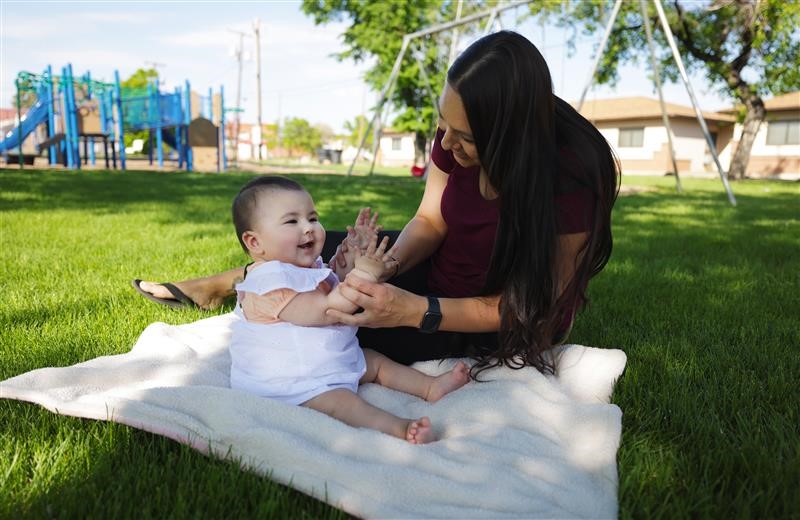Montana’s Access Line For Pregnant and Post-Partum Healthcare Professionals
We offer expert guidance on community resources, best practices for managing perinatal mental health concerns (e.g. depression, anxiety, addiction), and advice on both medication and non-medication interventions. Midwives, obstetric providers, primary care providers, pediatricians, psychiatric providers, psychologists, nurses, medical assistants, care coordinators, doulas, mental health professionals and social workers all can access a this dedicated consultation service. Support is also available for addressing stress reactions related to pregnancy loss, complications, or difficult life events, as well as for therapy and family mediation approaches.
Free. Confidential. 24/7.
- After submitting your e-consult form, you will be directed to schedule a time for your consultation.
- You may also call for a phone consultation:
- 844-40-MTPAL / 844-406-8725
Closed on all state and federal holidays
Please have the following information on-hand before contacting:
- Patient Name
- Patient Date Of Birth
- Patient Zip Code
- Patient Insurance
How It Works
Call MTPAL
Providers caring for youth ages 0-21 call 844-40-MTPAL during daytime business hours.
Give Info To Our Team
A Frontier Clinic Care Coordinator will screen and triage calls to ensure they are appropriate for the line and ask the caller to provide demographics, contact information, and a summary of the consultation request.
Psychiatrist Calls You
A Child and Adolescent Psychiatrist will return the call within the same day.
For advanced providers only
Medical Doctors, Doctors of Osteopathic, Nurse Practitioners, Physician's Assistant.
What We Offer
- Access to community resources
- Best practices in the care of pregnant and postpartum patients who have mental health concerns (eg. detection, assessment, and treatment of depression, anxiety, addiction, and other psychiatric disorders)
- Benefits and risks of medication and non-medication based interventions
- Stress reactions related to pregnancy loss, complications, or difficult life events
- Therapy and family mediation approaches
Did You Know...
- Maternal mental health (MMH) conditions are the most common complications of pregnancy and childbirth, affecting 1 in 5 women (800,000 women each year in the United States). [1-3]
- 75% of women who experience MMH symptoms go untreated. [4]
- MMH conditions include depression, anxiety disorders, obsessive-compulsive disorder, post-traumatic stress disorder, bipolar illness (which may include psychotic symptoms), and substance use disorders. [1-3]
- Women will see a frontline healthcare provider (obstetric, pediatric, or primary care provider) 20-25 times during a routine pregnancy and first year of baby's life, providing ample opportunity for these providers to discuss and screen for MMH conditions. [5]
- [1] ACOG Committee Opinion 757 (2018).
- [2] Gavin (2005). Obstetrics & Gynecology, 106, 1071-83.
- [3] Fawcett (2019). Journal of Clinical Psychiatry (80)
- [4] Byatt (2015). Obstetrics & Gynecology, 126(5): 1048-1058.
- [5] Maternal Mental Health Leadership Alliance. (2020). FACT SHEET Perinatal Psychiatry Access Programs, 1.
Provider Resources
Frontier Psychiatry
Our trusted partner providing virtual psychiatry.
LIFTS Resource Guide
Linking infants and families to supports.
Hotlines
Find the right number to fit the needs of your patient.
The Meadowlark Initiative
Montana program to improve outcomes for families.
Provider Directory
You can find a full list of providers we partner with.
About Us
Learn about MTPAL and meet our team of experts.

